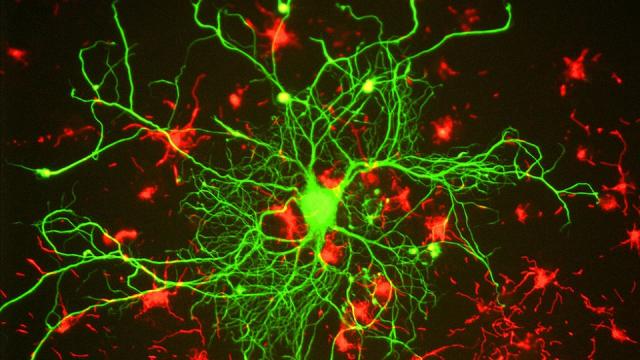A new system will set aside fingerprints and facial recognition, and start doing brain scans as positive identification. Using brain imaging and a series of words and images, it will scan your mind to figure out if you’re really you.
Facial recognition sounds sweet in theory, but in practice it has some problems. It requires high-end equipment, like a great camera on your laptop. At the same time, it can be easy to fool. Whether or not it’s the wave of the future for consumer electronics, it’s now got competition. Binghamton University has come up with a biometric identification system that scans your brain to figure out if you’re really you.
The process involves popping on an electroencephalograms (EEG) cap and watching a series of 500 images, including words, celebrity faces and simple stock photos. Each image flashes on the screen for only half a second. The EEG monitors your reaction to them, and checks them against existing reactions. If a bee flashes on the screen, a person who is strongly allergic to bee stings will probably have a different reaction than a person who keeps bees for a living. As the number of images and reactions add up, the chances of faking an identity go down. An early test positively identified one person out of a group of 32 between 82 and 97 per cent of the time. The machine can now pick one person out of 30 with 100 per cent accuracy.
If the success rate continues, for wider and wider ranges of people, this looks like a great option for security systems. The down side is that it takes a lot of time and trouble to “log in”. Granted, the system can work with as little as three electrodes, and at only half a second of time per image, it shouldn’t take too long to go through a large number of images. There is still the problem of archiving the person’s reactions to all those images in the first place.
This isn’t a matter of scanning fingerprints or handing someone a password. In terms of who would buy and use it, this system is more Defcon 1 than iPhone 7. But it’s an interesting development in biometrics. We’d love to see how people would attempt to hack it.
Image: Gerry Shaw
